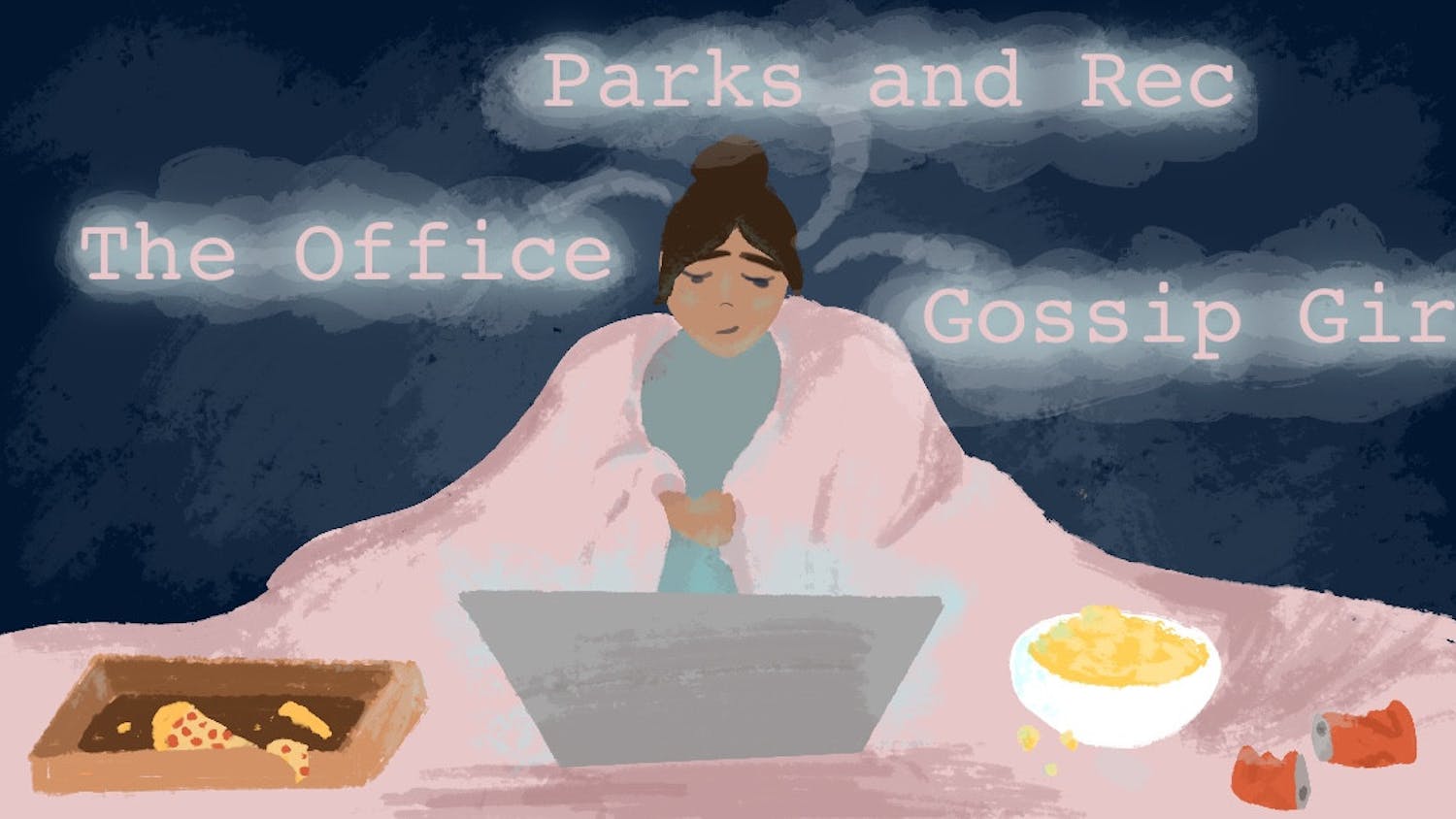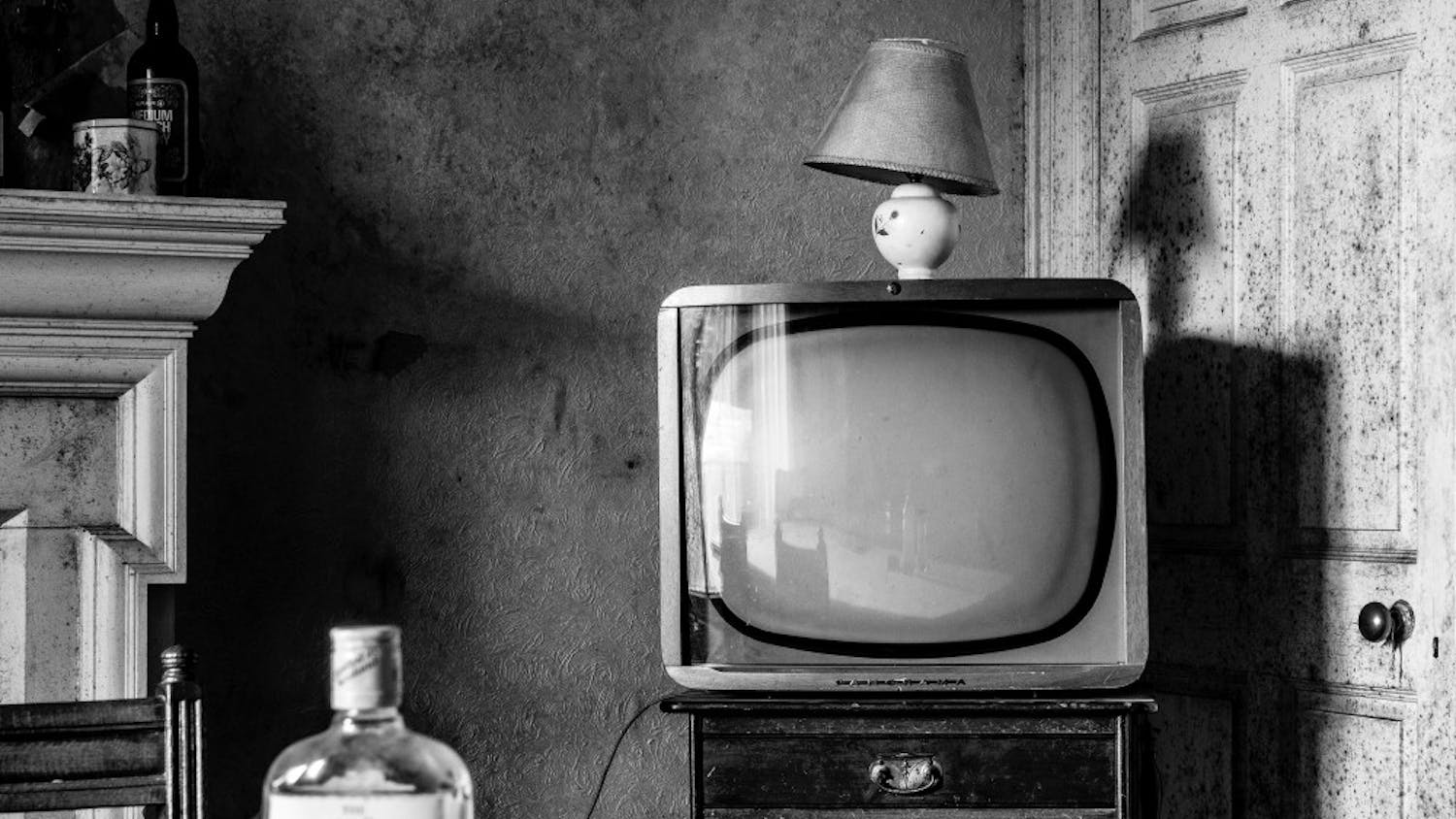When even Elmo supports vaccination, it’s hard to believe there are people out there who are so vehemently against it. Since “Sesame Street” is a show that strives to remain inclusive and neutral, something would have to have a pretty strong scientific consensus in order for Elmo to outright endorse it.
Like Elmo, I also question why there is such an uproar over vaccines with scant scientific evidence to back it up. Increasingly, people who project utter pseudoscience have become the loudest voices in the national conversation on health. Once something is claimed to be “unsafe” it’s very hard to take back that claim — just look at the research that “proved” that autism was caused by vaccines.
It was retracted, and its author was stripped of his medical license. Despite this idea being fully discredited, “anti-vaxxers” like Jenny McCarthy still perpetuate the results as facts.
This allows people without any kind of scientific accreditation to control the discourse on health in the U.S. Their claims go from relatively harmless to completely alarmist and distract from real issues.
Vani Hari, also known as Food Babe, has championed many causes from trying to get Starbucks to make its drinks with only organic milk to getting the “yoga mat” out of Subway’s bread, with varying success. She thinks people should not ingest any chemicals, which is pretty much impossible considering water is a chemical.
However, she seems to just pick out the ones that are hard to pronounce in order to fulfill her own selfish mission, misinterpreting the conclusions of scientific studies. But Hari’s thousands of followers trust her conclusions instead of investigating the claims themselves. Using Hari’s logic, anything hard to pronounce is toxic.
Maybe if Americans got more of their health advice from people who are actually qualified to give it, we would not have as many alarmist conspiracy theories floating around. But even people who are seemingly qualified can give questionable advice, making it hard to sort out what’s accurate and what’s not.
One example of this is Dr. Oz, who has used his show to raise alarms about the amount of arsenic in apple juice, when in fact the Food and Drug Administration was just setting a standard for arsenic in apple juice that was the same as in drinking water.
Just as the public must be informed, it must also not be alarmed unnecessarily. We need to start thinking critically before we accept things as truth. For instance, there was a completely legitimate reason for Subway’s bread containing an ingredient also used in yoga mats — the ingredient used to stabilize yoga mats is the same ingredient used to stabilize bread. But that doesn’t mean that there is yoga mat material in bread, as Hari claimed.
On almost every show, Dr. Oz claims to have a new miraculous cure of some sort. A study published in the British Medical Journal found that more than half of his claims were false.
And yet he’s still called America’s doctor, and the public still trusts him. Dr. Oz, of all people, should understand why it’s important people are informed with accurate information.
Instead of latching on to the next conspiracy theory or health fad, we need to start thinking more scientifically. It’s easy, comforting even, to think changing one thing will make you healthier. But don’t accept things as fact just because you see them on TV. Question them.
Nicole Dan is a UF political science freshman. Her column appears on Mondays.
[A version of this story ran on page 7 on 4/20/2015]





